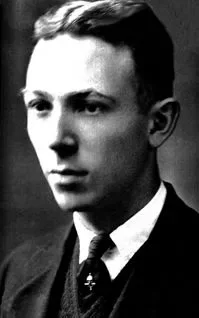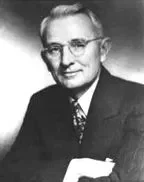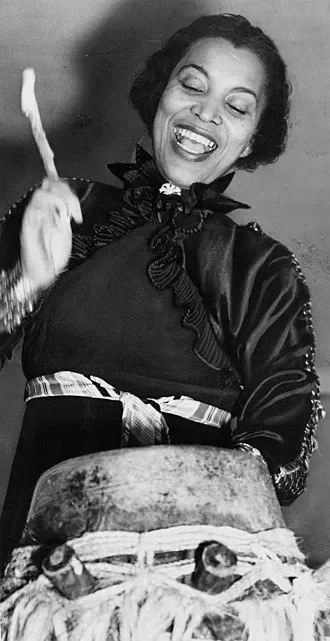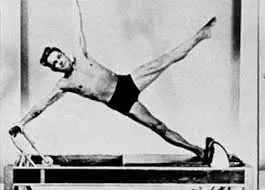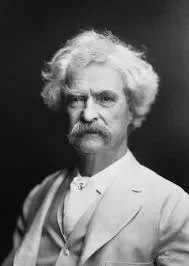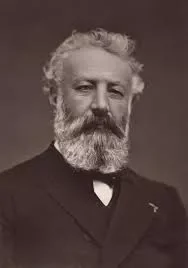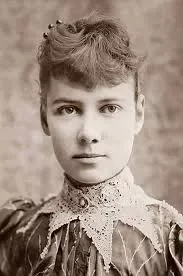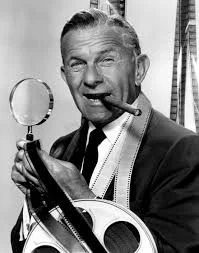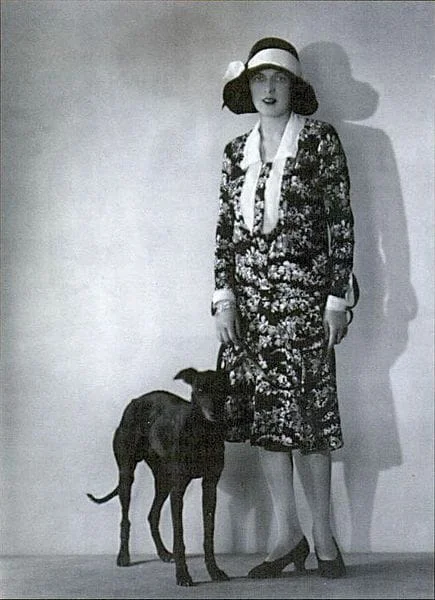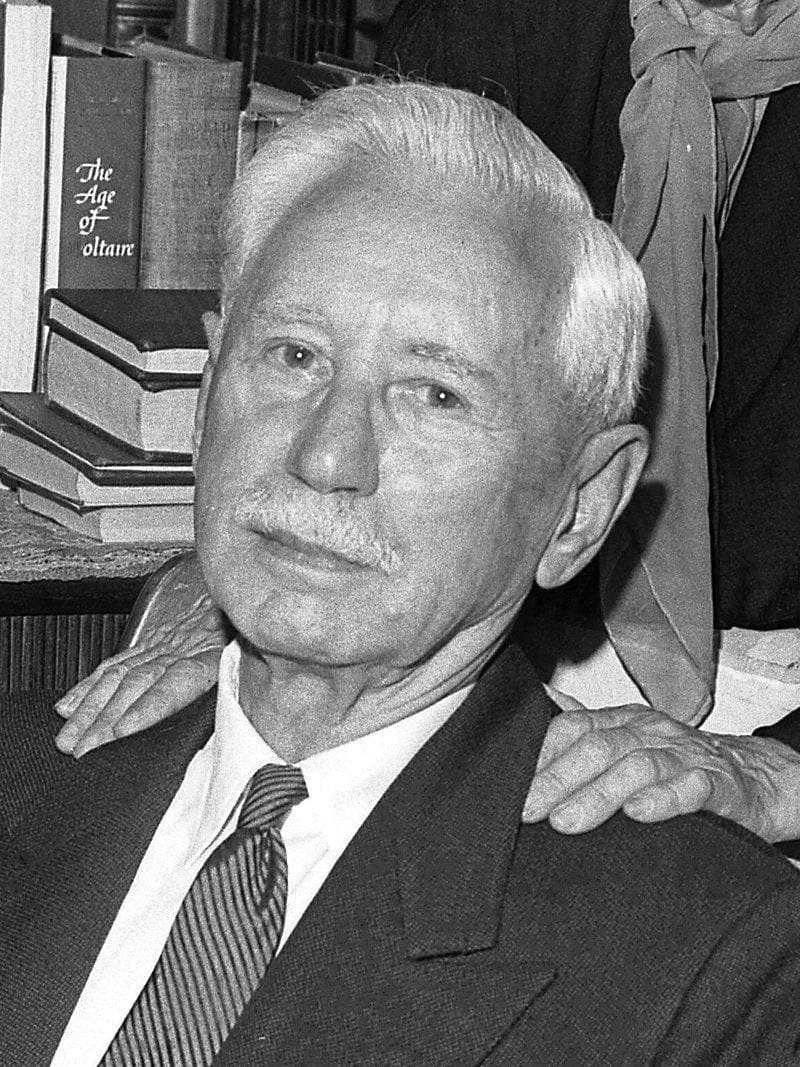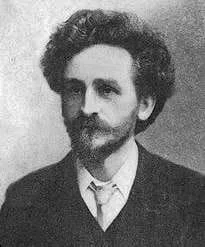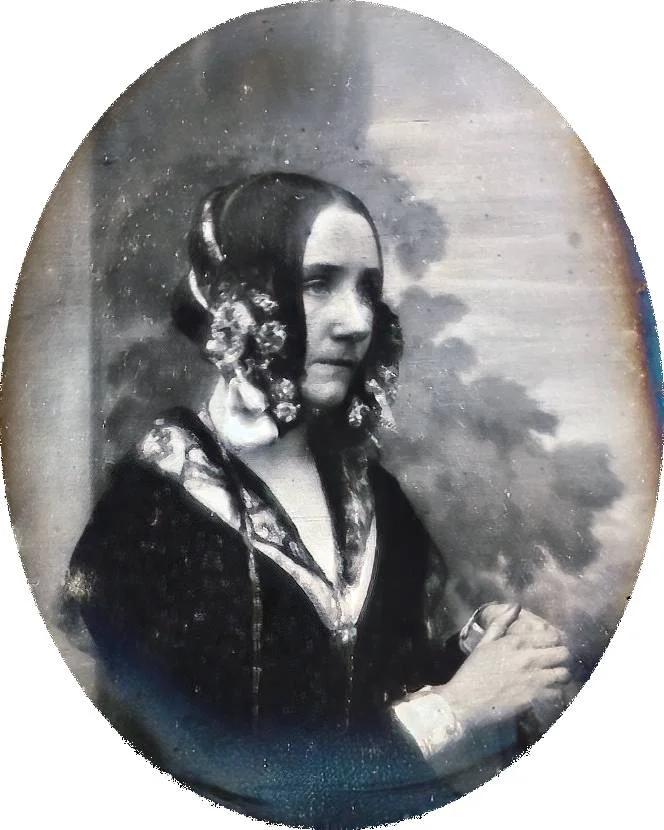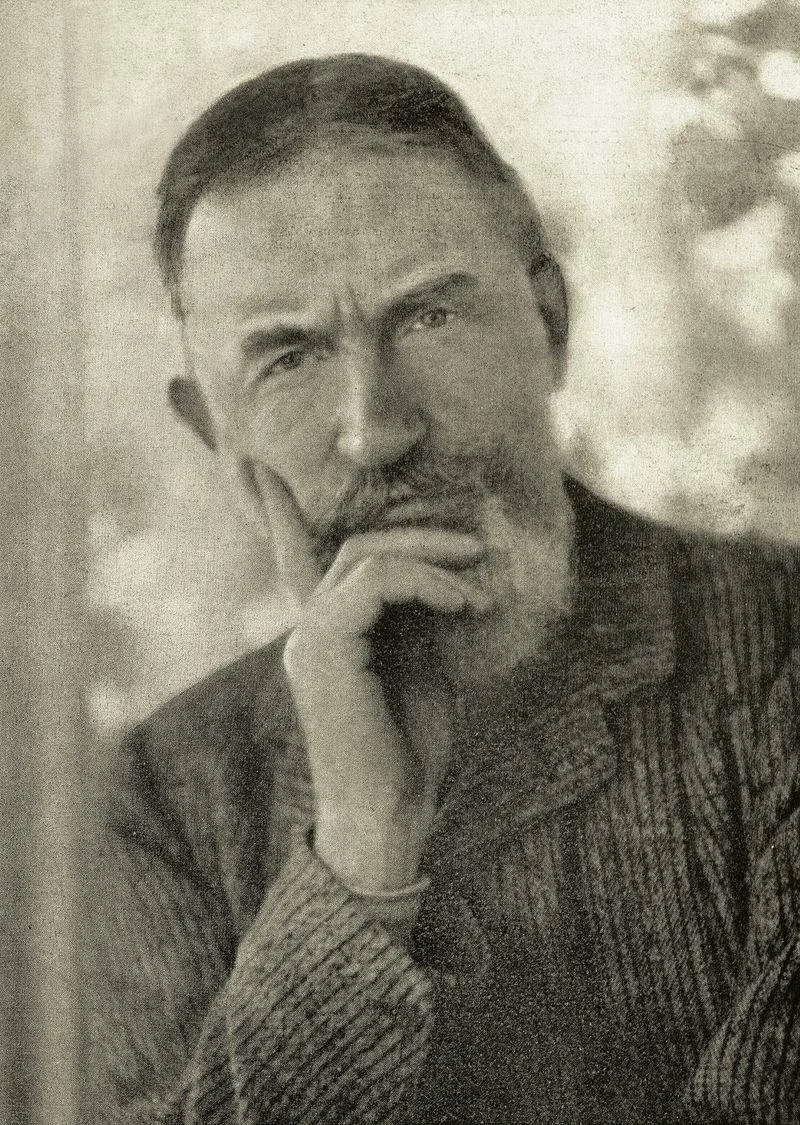Real Celebrities Never Die!
OR
Search For Past Celebrities Whose Birthday You Share
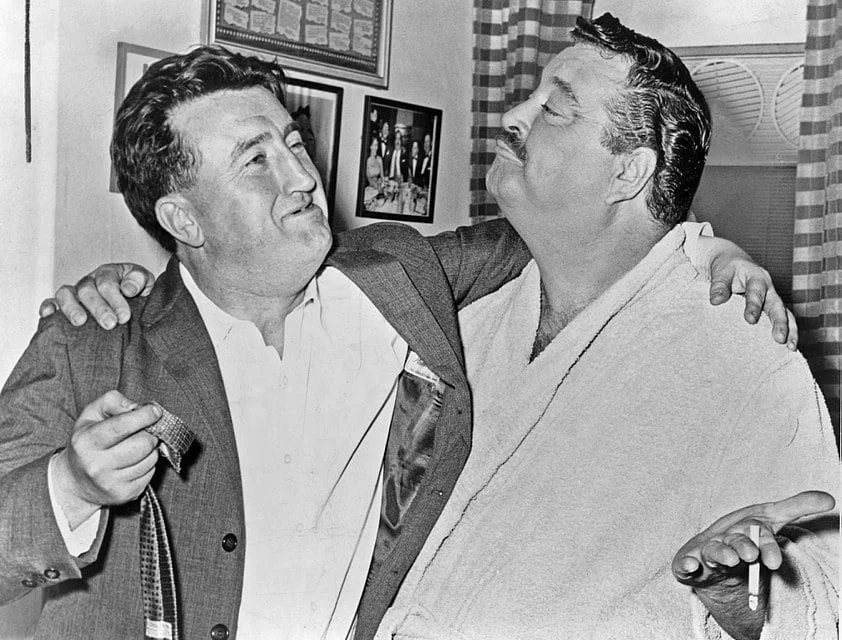
source:wikipedia.org
Brendan Behan
Birthday:
09 Feb, 1923
Date of Death:
20 Mar, 1964
Cause of death:
Complications of alcoholism
Nationality:
Irish
Famous As:
Writer
Age at the time of death:
41
Brendan Behan's Quote's
Early Life and Political Background
Brendan Behan, born on February 9, 1923, in Dublin, Ireland, emerged as a prominent figure in the mid-20th century literary scene. His eventful life, characterized by political involvement and a prolific writing career, made a lasting impact on Irish literature.
Behan grew up in a working-class family with strong ties to Irish Republicanism. Born into a politically charged environment, he was exposed to nationalist sentiments from a young age. His father, Stephen Behan, was a committed republican, and his mother, Kathleen Kearney, was also active in the Irish Republican Army (IRA). The Behan household provided an unconventional backdrop for Brendan’s formative years.
Early Education and Interest in Writing
Brendan Behan’s formal education was limited, and he left school at the age of 14. Despite the lack of formal training, he displayed a keen interest in literature and started writing at an early age. His first notable work was the play “The Quare Fellow,” completed while he was imprisoned for his involvement in IRA activities. The play, which explored themes of capital punishment, premiered in 1954 and received critical acclaim for its stark realism and social commentary.
Political Involvement and Imprisonment
Behan’s involvement in political activities intensified during his teenage years. He joined the IRA and was arrested in 1939 for attempting to plant explosives in Liverpool. His time in prison, marked by hunger strikes and political discussions, further fueled his commitment to the republican cause. This period of incarceration also inspired much of his later writing, providing him with firsthand experiences of the harsh realities of prison life.
Career as a Playwright
“The Quare Fellow” marked the beginning of Brendan Behan’s successful career as a playwright. Following its success, he wrote “The Hostage,” a play that premiered in 1958 and showcased Behan’s unique blend of humor and social critique. His writing often delved into the complexities of Irish identity, political conflict, and the human condition.
Struggles with Alcoholism
Behan’s personal life was characterized by a struggle with alcoholism, a battle that would ultimately contribute to his premature decline. His drinking habits were notorious, and they affected his health and relationships. Despite these challenges, he remained a charismatic and witty figure, known for his engaging personality and sharp wit.
International Recognition and Influence
Brendan Behan’s works gained international acclaim, and he became a well-known figure beyond the borders of Ireland. His plays were performed in London and New York, bringing Irish theater to a global audience. Behan’s sharp and often humorous portrayal of Irish society resonated with audiences worldwide, solidifying his status as a significant literary figure.
Decline and Legacy
In the 1960s, Behan’s health deteriorated rapidly due to his excessive drinking. His productivity as a writer declined, and his personal life became increasingly chaotic. Despite these challenges, he continued to make public appearances, maintaining his reputation as a colorful and enigmatic personality.
Tragically, Brendan Behan’s life was cut short on March 20, 1964, when he succumbed to the complications of alcoholism at the age of 41. His death marked the end of a turbulent yet influential chapter in Irish literature. Behan’s legacy lives on through his works, which continue to be studied and performed, and his impact on the cultural and political landscape of Ireland.
Conclusion
Brendan Behan’s life was a tapestry woven with threads of political fervor, literary brilliance, and personal struggles. His journey from a young rebel in Dublin to an internationally acclaimed playwright remains a compelling narrative that reflects the complexities of Irish history and the human experience.
Name:
Brendan Behan
Popular Name:
Brendan Behan
Gender:
Male
Cause of Death:
Complications of alcoholism
Spouse:
Place of Birth:
Dublin, Ireland
Place of Death:
Dublin, Ireland
Occupation / Profession:
Personality Type
Entertainer Spontaneous, energetic and enthusiastic people life is never boring around them. The masses were entertained by his plays and political message, which conveyed his sense of humor.
Brendan Behan was proficient in the Irish language, and his bilingualism influenced his writing. He incorporated Irish language elements into some of his works, reflecting his commitment to preserving Irish cultural identity.
During his imprisonment, Behan wrote his first play, “The Quare Fellow,” which was based on his experiences in jail
Behan’s play “The Quare Fellow” premiered in 1954 and was met with critical acclaim.
“Borstal Boy”: Behan’s autobiographical novel, “Borstal Boy,” published in 1958, received widespread acclaim.

